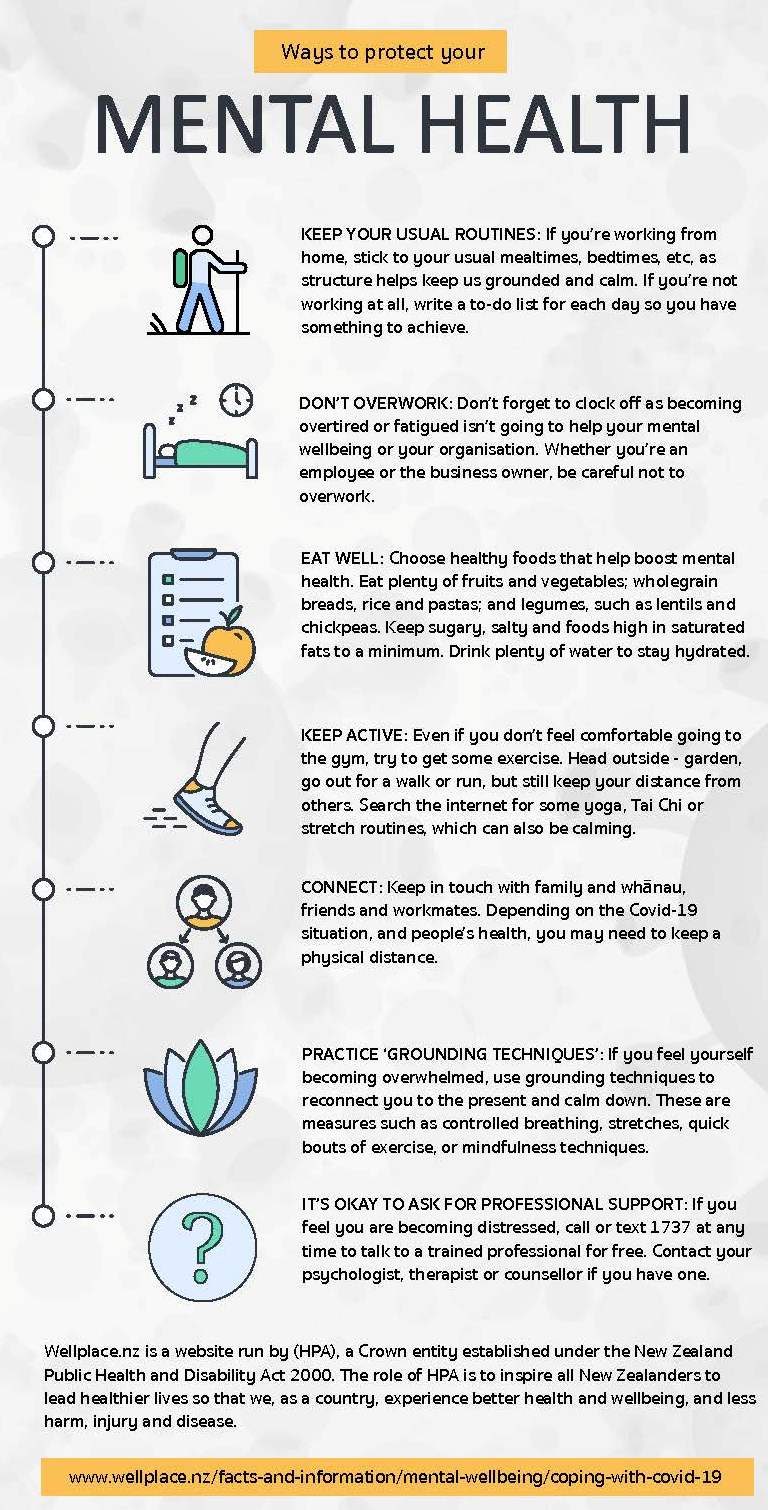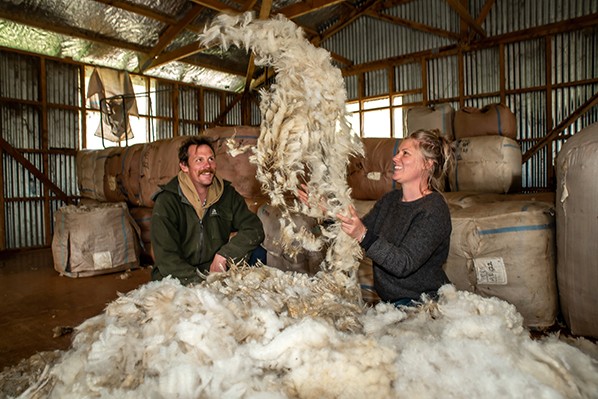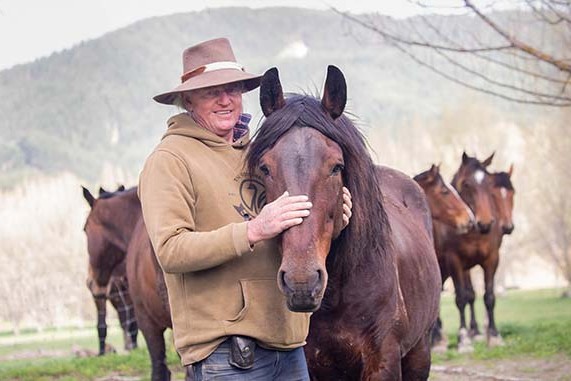When will this all end?
Elaine Fisher finds getting out in nature helps to settle the Covid fatigue and anxiety.

Elaine Fisher finds getting out in nature helps to settle the Covid fatigue and anxiety.
As far as I know I’ve not come into contact with the Covid-19 virus, in its many guises, but nonetheless it’s succeeded to insidiously infect me and just about everyone in New Zealand in another way.
I think the majority of us are suffering from ‘Covid Fatigue’ or ‘Covid Anxiety’. Feelings of “I’m over it” and “when will this all end?”, nervousness and uncertainty are common to us all, even for those of us lucky enough not to live in a lockdown zone – where it must be so much worse.
I’ve tried to resist consulting ‘Uncle Google’ about my symptoms but I did promise The Dairy Exporter editor Jackie Harrigan I’d write about Covid fatigue, so I poured a strong cup of coffee (probably not a good idea really) and began the search.
It appears Covid Fatigue or pandemic fatigue for those not actually infected with the virus is very real and people around the world have been experiencing it since 2020.
Researchers report people feeling demotivated about following recommended behaviours to protect themselves and others from the virus. Finding effective ways to tackle this fatigue and reinvigorate public vigilance is a growing challenge as the crisis continues.
The problem is that while the Government and health agencies try to advise us about and protect us from infection, the way they do it is so invasive. Those yellow, white and black Covid hazard lines are everywhere, along with QR codes, face masks and the annoying voice of the woman on TV and radio adds… “this is a Covid-19 announcement…” I think she’s now been swapped out for a man but as I turn the volume down, I’m not sure.
Covid cases, deaths, new lockdown restrictions or easing are the biggest news stories each day – unless they are eclipsed by a tragic murder or car crash.
Talk back radio (which I refused to listen to) is full of it, so is social media – which I also refuse to engage in. Add to all that visual and audio ‘noise’ is isolation from work, from loved ones and serious
restrictions on freedoms, something those born since the end of the Second World War have never experienced.
My generation and those which have followed have largely escaped the ravages of earlier pandemics so to bring some perspective, I’ve delved into what’s gone before. The lethal influenza pandemic, known inaccurately as Spanish flu (it probably started in Kansas) arrived in NZ in 1918 and from October to December killed about 9000 people.
Worldwide an estimated 500 million people were infected in four successive waves and deaths are estimated at between 17 million to 50 million, possibly as high as 100 million, making it one of the deadliest pandemics in human history. By the second week of November the estimated number of Covid-19 cases worldwide was 251 million with 5.06 million deaths.
NZ experienced seven polio epidemics between 1916 and 1956. The most deaths in one year were in 1925, when 173 people died. In the 1947-49 outbreak more than 1000 people were infected and 70 died. Many of today’s senior citizens remember schools and other facilities were closed for months on end.
Effective polio vaccines were developed in the 1950s. Jonas Salk’s inactivated vaccine of 1955 was followed by Albert Sabin’s weakened live virus oral vaccine in 1960. In NZ use of the Salk vaccine delayed the reappearance of polio between 1956 and 1961. After this a mass immunisation campaign using the Sabin oral vaccine achieved high population coverage and eliminated the polio virus from the country. (Source: https://teara.govt.nz/en/ epidemics/page-5)
So vaccinations helped eliminate polio. There’s little hope the current vaccines will do the same for Covid, but hopefully they will reduce its spread and severity.
So, what to do about the other Covid ‘infection’ – Covid fatigue?
Here’s some advice from the Health Promotion Agency website:
It’s totally normal to feel stressed or anxious. To help, here are some things we can all do to stay mentally healthy during these times.




